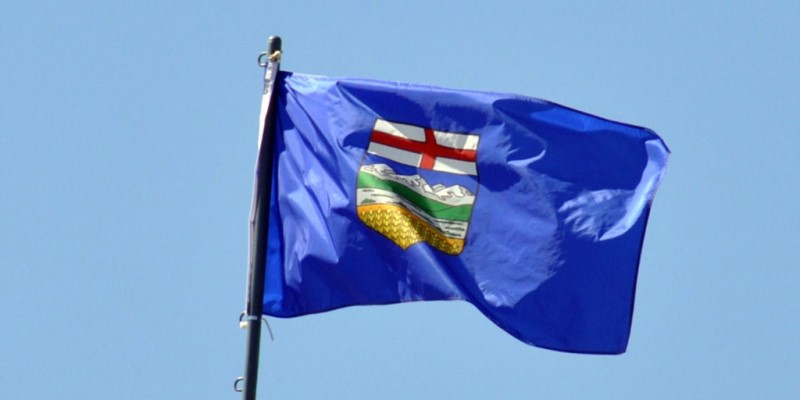Alberta’s problems hurt Ontario—here’s how

It’s well known that Alberta has had a difficult time recently. A commodity price slump in 2014 triggered one of the nastiest recessions in the province’s history and the recovery has been tepid and uneven.
It’s easy for people in Ontario to imagine that the economic problems in a distant province aren’t of great importance to us. But nothing could be further from the truth. Alberta and Ontario have traditionally been two of the main economic engines powering the Canadian economy—and if either isn’t firing, the whole country suffers.
There are a number of important ways a weak Alberta is bad news for Ontario. First and most simply, the two provinces engage in a substantial amount of trade. When Alberta is poorer, its people and businesses can’t buy as many goods from Ontario.
Secondly, Ontario and Alberta together play a huge role in stabilizing and strengthening the federal government’s finances. Indeed, without either province’s substantial net contribution to Ottawa’s bottom line, the deficit would be far larger than it is today.
Let’s take a quick look at the numbers. In 2017, the most recent year of available data, Alberta and Ontario were far and away the largest net contributors to the federal bottom line. That means that in both provinces, more money was collected in federal taxes than was spent in federal government programs and transfers. Specifically, Alberta’s net contribution was $21.8 billion, Ontario’s was $16.6 billion. For context, the only other two net contributors were Saskatchewan and British Columbia, with a combined net contribution of $6 billion. All other provinces received more in transfers and programs than they paid in federal taxes.
In other words, Ontario and Alberta are keeping federal finances afloat. But during Alberta’s recent period of weakness, it’s ability to contribute has declined. In 2014, for instance, Alberta’s net contribution to the federal government was $27.1 billion—that’s $5.3 billion more than in 2017.
This drop has contributed to Ottawa’s deficit. If Alberta’s relative economic decline hadn’t occurred, the federal government’s bottom line would have been $5.3 billion better in 2017 (all else equal). Given that 40 per cent of all new federal debt (and the associated interest payments) wind up as the responsibility of Ontario taxpayers, it’s not hard to see why Alberta’s hardship will hurt Ontarians.
So what can Ontarians do? One of the most important thing is to recognize the importance of building energy infrastructure to get Albertan oil to global markets. Alberta’s problems have many causes, but obstructions and delays that have made it harder to get badly needed pipeline’s built have made matters worse. A recent Fraser Institute study found that Canada’s lack of pipeline capacity is leading to lower prices for Albertan oil, and consequently, has resulted in $20.6 billion in lost revenue for the Canadian energy industry, with painful consequences for Alberta.
Alberta’s slump should worry Ontarians, not just out of concern for the well-being of our fellow Canadians, but also because that province’s struggles directly hurt us as well. Ontarians should root for a full and speedy economic recovery in Alberta, and should recognize the harm caused by obstructing the development of badly needed energy infrastructure—including pipelines—in our country.

